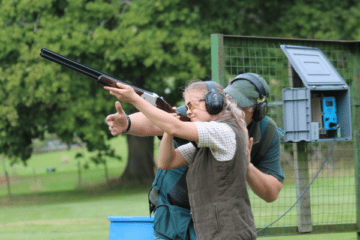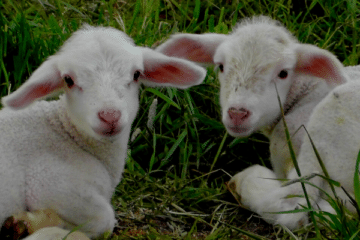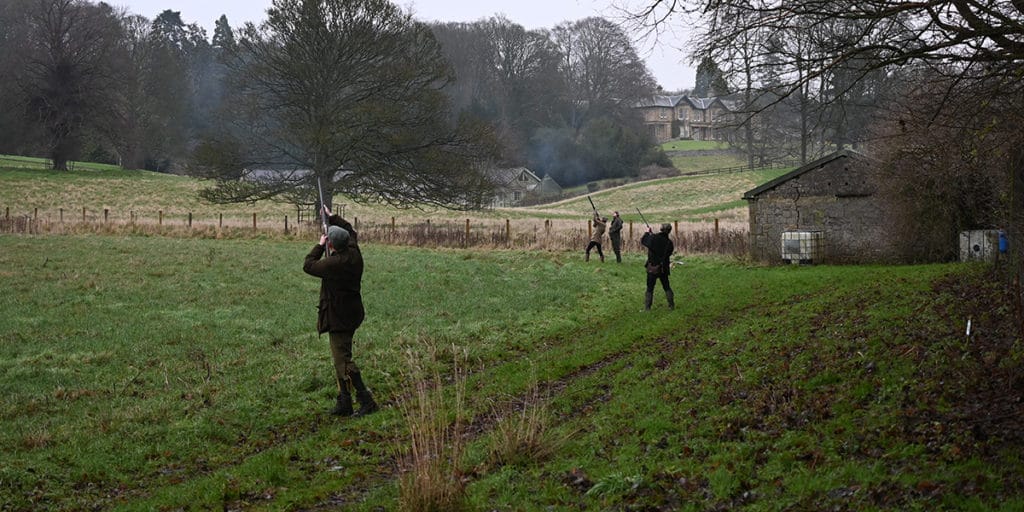
A big part of being a young shot is learning from the older Guns. But when it comes to the online world, there’s a lot that the kids can teach the adults. Today’s young shots can be the generation that helps to finesse the use of social media for game shooting. Social media can help promote the sport and what shooters do in the broader public eye. It can also help syndicates, clubs and other groups. Social media has become a great tool for bringing people together and young shots can show us how best to use it.

Obviously, most people do have a pretty good understanding of social media by now. But the current generation of young shooters is the first to ‘grow up online’. Young people are the most familiar with the Internet by far and know how everyone could successfully use social media for game shooting. There’s a lot to learn from young people. And not just how to use social media but also how to avoid the arguments, rants and keyboard warriors attracted by topics like shooting.
This can allow for responsible use of social media for game shooting’s promotion outside of our community. Of course, not everyone has to or wants to be a campaigner for shooting. The best use of social media for game shooting will be organising and running our various shooting groups and activities. It is these sorts of skills that young shots pick up online by joining clubs, groups or even just socialising with friends.
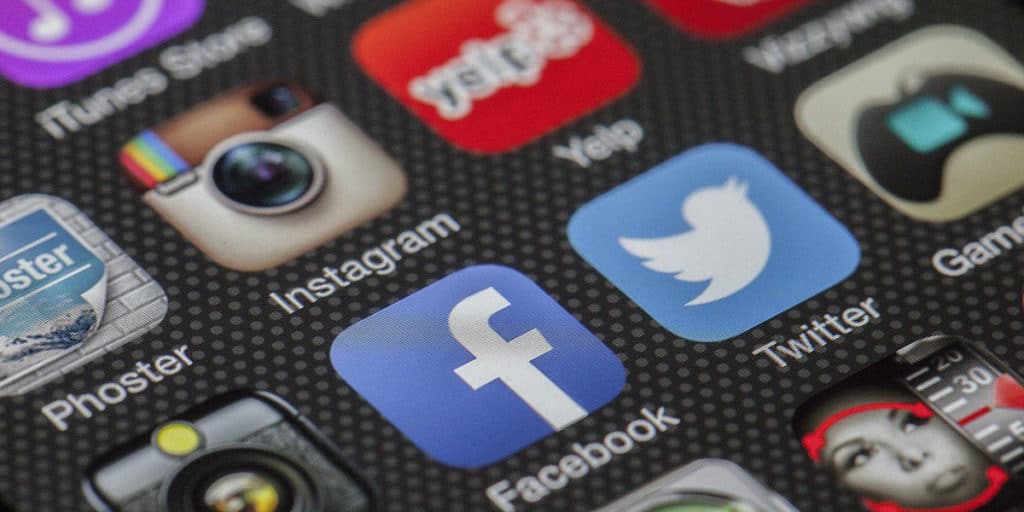
Most syndicates and clubs probably already have an email list or group chat. But not all take full advantage of the wider range of social media for game shooting or other shooting sports. To really get up to date with how useful social media can be to shooting, I chatted with the president of the Cardiff University Clay Pidgeon Shooting Club Ben Baily. He took me through how they use social media as part of the daily running of the club.
Ben said that the main thing he and the rest of the students who run the club use social media for is organising the weekly clay shoots. Ben creates events on the club’s Facebook page for the members to respond to, which, he says, is very helpful.
“We’re able to sort out the car arrangements, how much ammunition we’ll need, which guns we need to bring. Knowing who’s going to come makes it much easier for us to organise everything.
“People are always on Facebook. They log in daily and use it. Now, our members get a notification when the next shoot’s up or when they’ve been invited to an event. They can then say that they’re coming or not, see who is also in attendance and what they’ll need to bring. It’s a very useful way of organising our weekly shoots.”
Ben and his team also use the platform to sell the club kit and hold committee elections by posting polls and other interactive posts to the page. They also use multiple platforms to attract new members. Clubs and syndicates could easily use social media for game shooting in a similar way – inviting members for shoot days, selling merchandise, or even to check what everyone’s planning to bring for the elevenses.
“We’ve dramatically increased our membership this year, during the Covid-19 pandemic. And part of that was through our use of the social media platforms.”
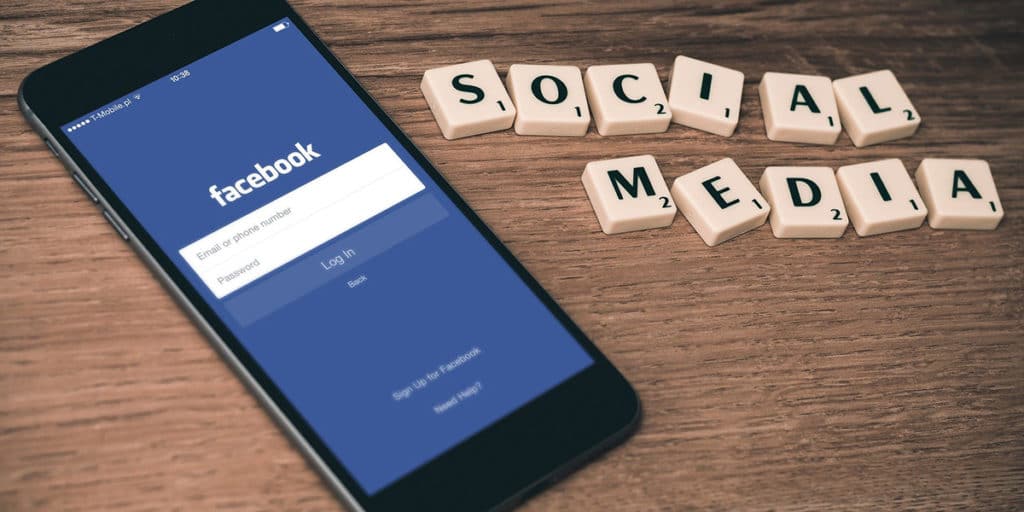
Of course, many people have concerns about privacy and discretion. Especially when it comes to using social media for game shooting, which is seen as a controversial pastime. Ben told me that as their page was run as a closed group. This stopped the problem of people outside the club interfering or viewing what the club and its members are up to. It also allowed him and his team to keep an eye on the members or remove anyone who was causing trouble for the club. He says he never gets trouble from anti-shooting people on the site.
“We can choose who comes in. The second somebody misbehaves, you can either ask them to behave or kick them out of the group. It’s quite useful in that sense.”
Other people are concerned about censorship online and the idea of large social media corporations banning controversial topics. Ben says that it’s quite the opposite and that he never had a problem sharing and discussing shooting with members of the group. He says there are no rules that have stopped him from doing this and he encourages others to use the platform.
“I would hate the idea that shooters have to go into hiding on social media just because our sport is perceived as controversial. At the end of the day, it’s not. Clay pigeon shooting shouldn’t be controversial, and neither should game shooting. When using social media for shooting live quarry though, I would definitely recommend setting up a closed group. People who want to look for these things can still easily find you. But you have the power to prevent people who might be looking to discredit you from joining.”
It is important for the younger generation to bring our digital skills to all forms of shooting, just like Ben has for clays. If we can do this, the new generation of young shots will be able to continue to expand shooting as a modern and inclusive sport.
